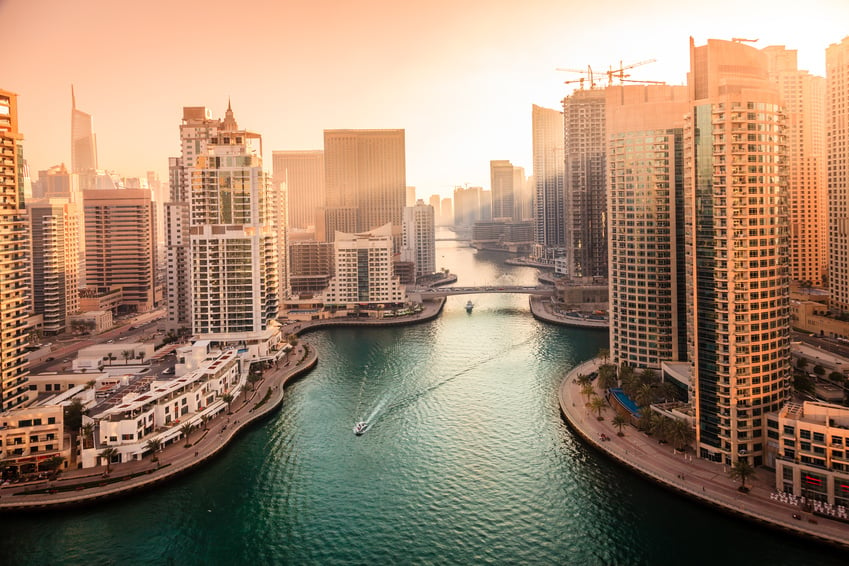The horrific explosion that recently took place at the port of the city of Beirut is a tragedy for its people. The possible casues of the explosion has brought to mind the cases of maritime fraud that many observers overlook. In recent years, the shipping and maritime trade industry has witnessed a sharp increase not only in the number of fraud cases but also in the diversity and sophistication of fraud. Fraudsters are becoming more creative in laying out and executing their plans, including using modern technology such as computer hacking while also preserving some tried and tested traditional methods, such as document fraud. Ship owners are also finding themselves under pressure to earn new business and, to that end, many of them ignore exercising due diligence when dealing with new business partners. While ports are adopting new technologies this too has the potential to enable new certain types of fraud (such as automating container operations).
As the 2019 Novel Coronavirus (COVID-19) continues to spread across the world, governments are actively working with global and local health authorities to implement nationwide measures to help curb transmission and mitigate virus-related risks as well as offer relief for businesses and individuals in these challenging times. In response, businesses…
As the 2019 Novel Coronavirus (COVID-19) continues to spread across the globe, businesses are facing weakened financial markets, disruption to workplace operations, and economic uncertainty. We have seen unprecedented measures taken by the UAE to prevent the spread of the disease including mandatory work from home instructions and business shut…
DOWNLOAD PUBLICATION For over three decades, Baker McKenzie Habib Al Mulla has helped businesses optimize opportunities and mitigate risks in the United Arab Emirates (UAE) and wider Middle East. The 2019 edition of the Doing Business in the UAE is your simple but comprehensive guide to understanding the current investment…
